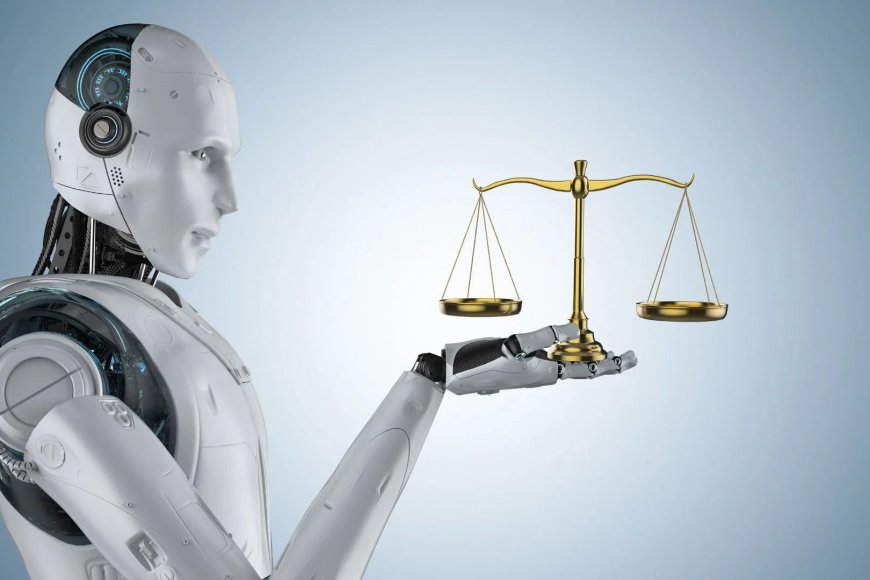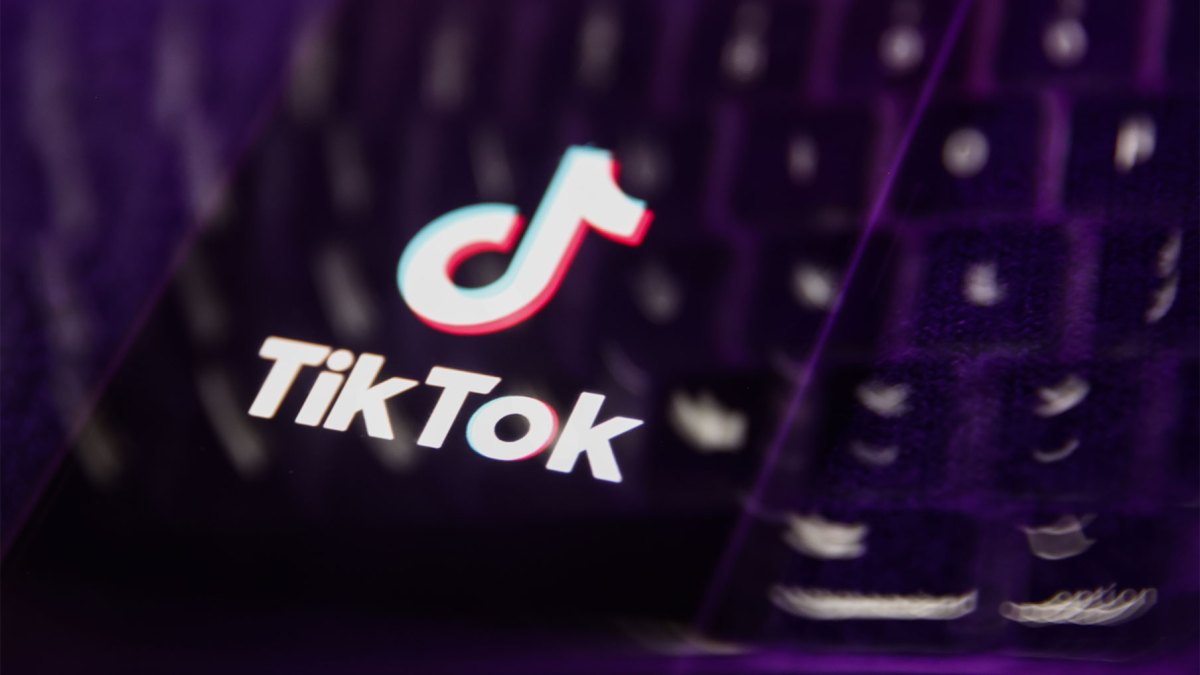Nick Clegg Critiques Silicon Valley's Conformity and Culture

In a captivating blend of personal insight and industry critique, Nick Clegg, the former policy chief at Meta, is gearing up for the release of his much-anticipated book, “How to Save the Internet.” The book is not just a reflection of Clegg's experiences at one of the world's leading tech giants; it also serves as a manifesto on the broader challenges and potential solutions for the digital landscape.
Clegg, who transitioned from a notable career in politics as the former Deputy Prime Minister of the UK to a pivotal role in one of the most scrutinized companies globally, finds himself navigating a complex narrative. On one hand, he aims to shed light on the intricate policies that govern online spaces, while on the other, he faces the daunting task of addressing the very criticisms that have been levied against Meta and other tech giants over the past decade.
The book is set against a backdrop of mounting scrutiny over tech companies' influence on democracy, privacy, and societal norms. Clegg argues that the internet, which was once heralded as a bastion of freedom and innovation, has increasingly become a battleground for misinformation, privacy violations, and corporate greed. His work aims to dissect these issues and propose a roadmap for restoring trust and integrity in the online world.
In a recent interview, Clegg explained that “How to Save the Internet” is not merely a critique of existing systems but also a call to action. He emphasizes the need for a collective effort among tech companies, governments, and civil society to create a more equitable digital environment. “We must not only recognize the problems but also engage in constructive dialogue to foster solutions,” he stated, highlighting the urgency of collaborative efforts.
One of the central themes of the book is the idea that the internet should be a public good rather than a commodity. Clegg posits that the commodification of online spaces has led to numerous social ills, including the erosion of privacy and the manipulation of user behavior for profit. He suggests that reimagining the internet as a public utility could potentially remedy some of the most pressing challenges, allowing for a more balanced approach to online governance.
Throughout “How to Save the Internet,” Clegg draws on his extensive experience at Meta, where he played a crucial role in shaping policy in response to various controversies, including data privacy scandals and the platform's role in the spread of misinformation. His insights provide a unique perspective on the dilemmas faced by tech leaders who must balance innovation with ethical considerations.
Critics of Clegg and Meta often argue that the company has prioritized growth over user welfare. They point to incidents like the Cambridge Analytica scandal as emblematic of the broader issues within the tech industry. In light of these critiques, Clegg's book is an attempt to address the elephant in the room: how can tech companies be held accountable while still fostering an environment conducive to innovation?
The narrative surrounding big tech is increasingly fraught with tension, with calls for regulation gaining momentum across the globe. Policymakers are grappling with how to create frameworks that ensure accountability without stifling technological advancement. Clegg acknowledges this delicate balance, asserting that regulation should encourage responsible behavior rather than impede creativity. “The goal should not be to hinder progress but to guide it toward responsible innovation,” he notes.
Clegg’s advocacy for a balanced approach extends to his recommendations for enhancing digital literacy among users. He emphasizes that empowering individuals with the tools and knowledge to navigate the online world is crucial in combating misinformation and fostering a healthier internet ecosystem. By equipping users with critical thinking skills and digital literacy, Clegg believes that society can better withstand the challenges posed by fake news and online manipulation.
Moreover, Clegg’s discussions on the ethics of artificial intelligence (AI) and algorithmic decision-making are particularly pertinent in today’s rapidly evolving technological context. With AI increasingly shaping user experiences and content delivery, Clegg warns against the risks of unchecked algorithmic biases and the need for transparency in AI systems. His book advocates for ethical standards that prioritize fairness and accountability in AI development, a sentiment echoed by many industry leaders and scholars alike.
As Clegg prepares for the launch of “How to Save the Internet,” the timing could not be more critical. The global conversation around digital rights, privacy, and the role of technology in society is intensifying. With governments worldwide implementing stricter regulations and users becoming more aware of their digital footprints, Clegg’s insights may serve as a guiding light for navigating these turbulent waters.
In a world where the lines between technology and everyday life continue to blur, Clegg's book promises to be an engaging and thought-provoking read. It challenges readers to reflect on their relationship with the internet and consider the collective responsibility we all share in shaping its future. As he eloquently puts it, “The internet is not just a tool; it is a reflection of our values, our aspirations, and our shared humanity.”
Ultimately, “How to Save the Internet” is more than just a personal account of Clegg's journey through the tech landscape; it is a clarion call for a more thoughtful, equitable, and responsible approach to the digital world. As we stand at a crossroads, Clegg’s message resonates louder than ever: the time to act is now, and the future of the internet depends on it.
What's Your Reaction?
 Like
0
Like
0
 Dislike
0
Dislike
0
 Love
0
Love
0
 Funny
0
Funny
0
 Angry
0
Angry
0
 Sad
0
Sad
0
 Wow
0
Wow
0





































